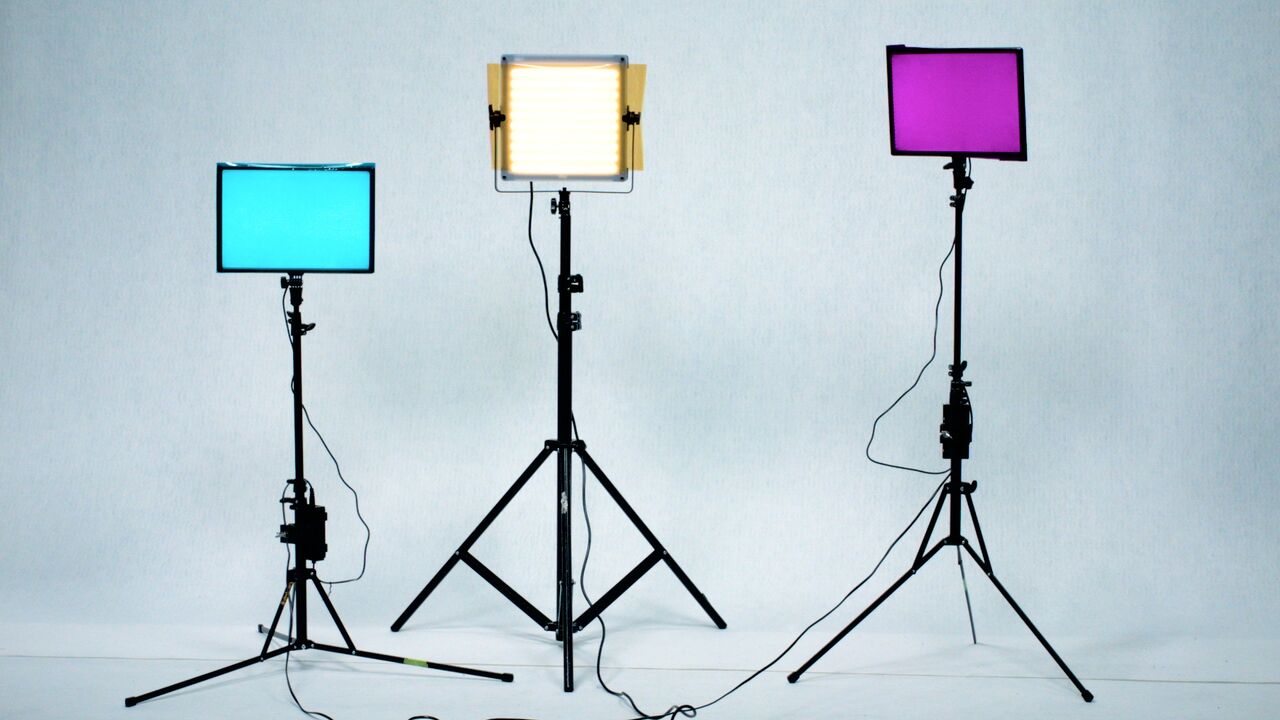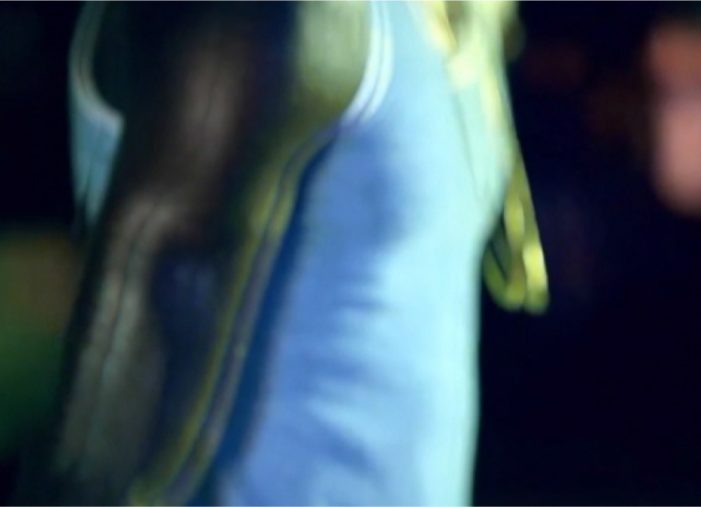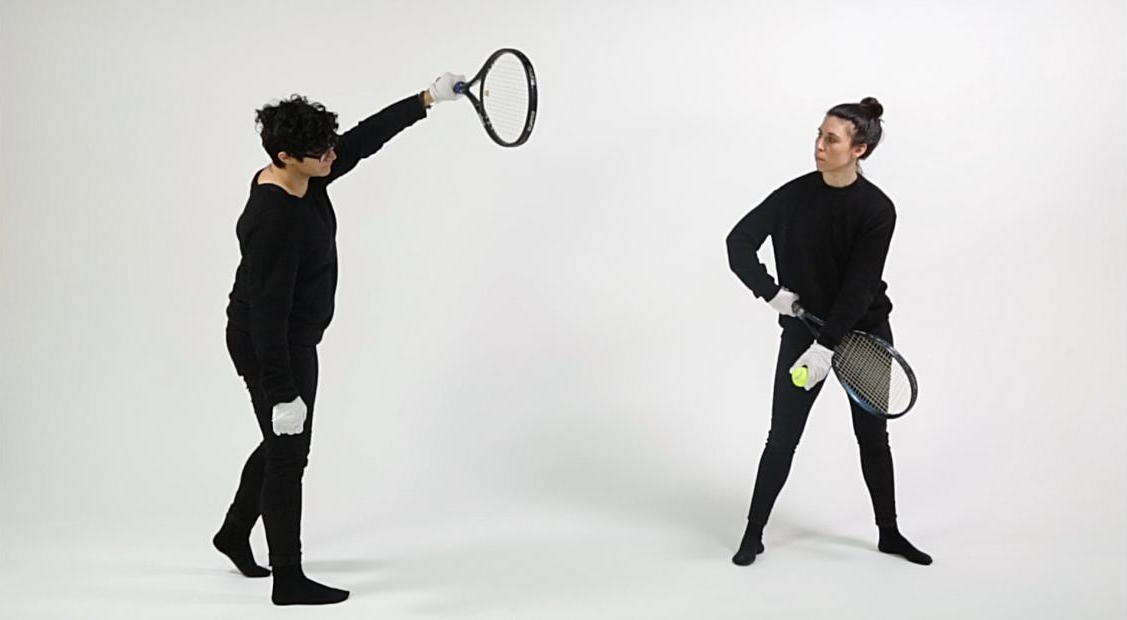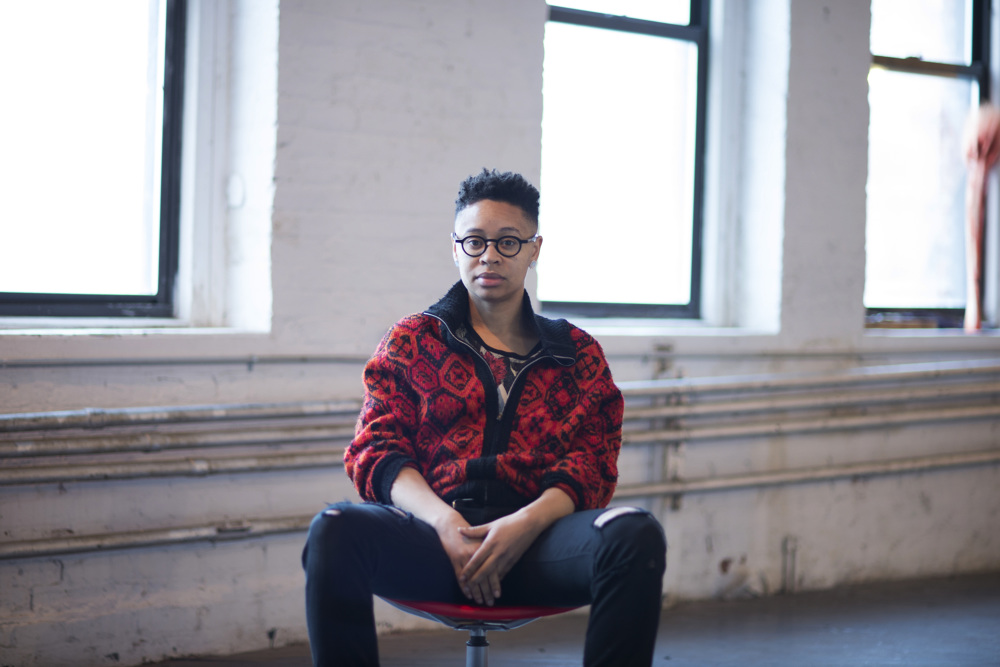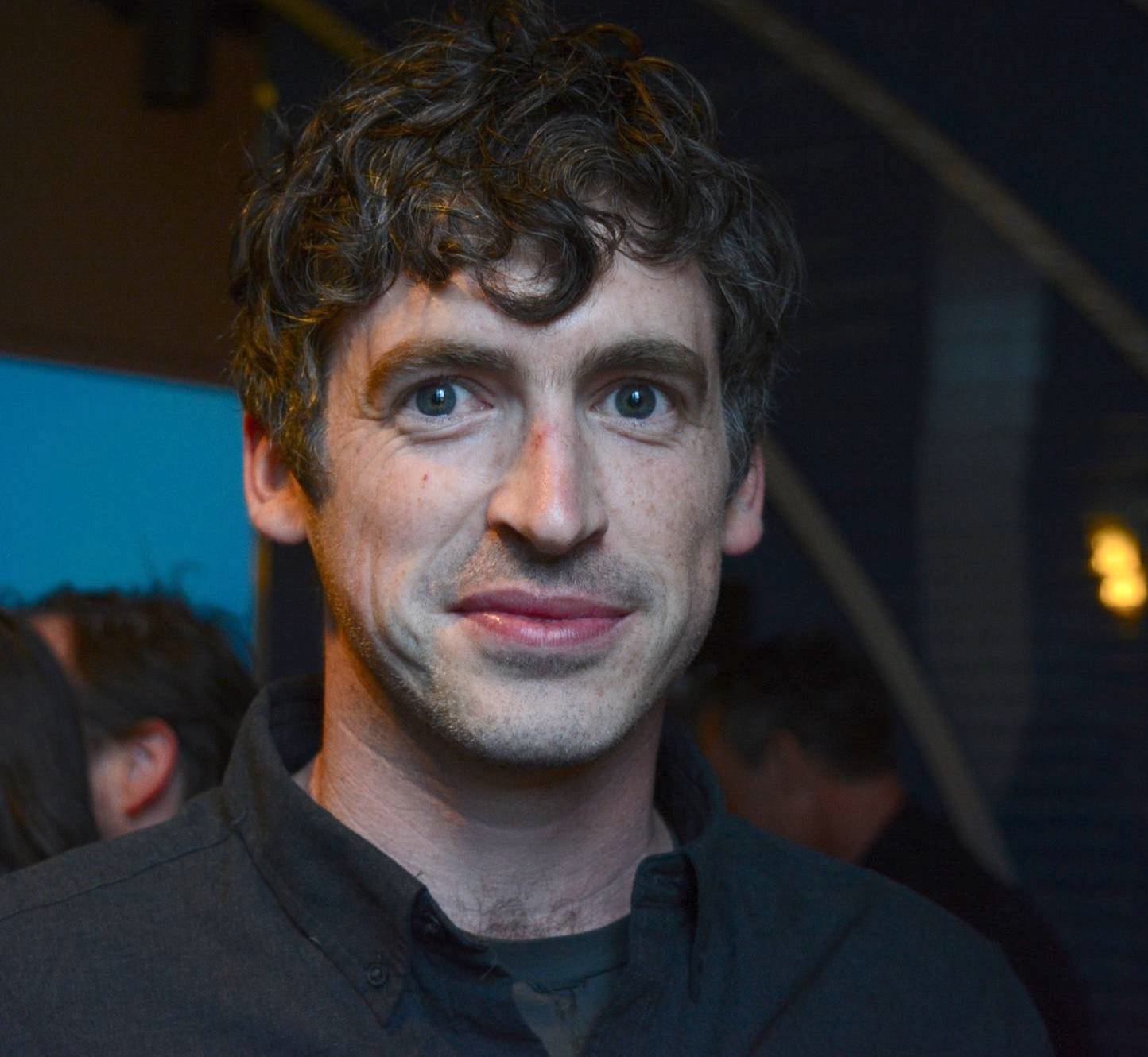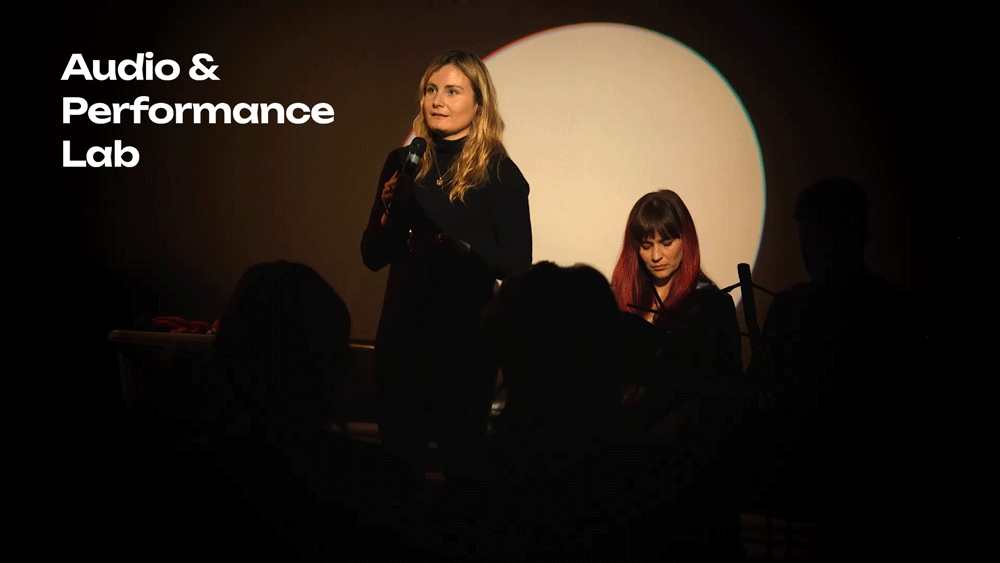May 4, 2018 at 7:30 pm
To See Clearly, Look Through a Stencil
Screening to be followed by discussion with Bambitchell's Sharlene Bamboat, Alexis Mitchell and Jason Fox
“Camouflage is an adaptive logic of escape from photographic representation.”
Hanna Rose Shell (Hide and Seek, 2013)
Artists Bambitchell and Sable Elyse Smith offer diverging explorations of the ways that technological regimes of surveillance and management register at the level of felt experience. Bambitchell, whose work often explores the interlinked histories of state surveillance and artistic practices, explores the aesthetic research of the “Special Works School,” a British military unit of artists tasked with developing camouflage technology during the first World War. Smith’s work articulates the often-invisible, personal effects of mass incarceration alongside the social dynamics produce them.
“The images are made so that I can see the people in them, so that I can see me. The self is contextual; contingent upon geography, system, relationship, memory, knowing…And violence can be quotidian, like the landscape of prison shaping itself around my body. The images are made so that I can see me. I am haunted by trauma. We are woven into this kaleidoscopic memoir by our desires to consume pain, to blur fact and fiction, to escape.” — Sable Elyse Smith
“Surveillance lives inside all of us, to varying degrees, and is attached to varying levels of power and violence. But it’s there, embedded in everyone, and felt at the level of the body, constantly.” – Alexis Mitchell and Sharlene Bamboat (Bambitchell)
Programmed in conjunction with World Records, Volume I: The Documentary Camera with Editor Jason Fox.
Program
Special Works School
Bambitchell, 27 min., 2018
“Special Works School” was the codename used by the British War Office between 1917–1919 for a group of artists tasked with the job of “camoufleur” – painters, textile artists, scenographers, designers, sculptors, and scenic painters who were employed by the military to work specifically on developing camouflage technology. The artist, armed with the skill of rendering their surroundings with utmost acuity, was appointed to make things disappear. Bambitchell’s Special Works School takes its name from this military unit to investigate the connections between artistic practice and surveillance technologies. The installation asks what an overtly aesthetic approach to surveillance can render visible, or invisible. By framing surveillance as an aesthetic practice, Special Works School homes in on the psychic, embodied, and material dimensions of surveillance – both from the position of the surveillor and the surveilled.
How We Tell Stories to Children
Sable E. Smith, 2015
Men Who Swallow Themselves in Mirrors
Sable E. Smith, 9 min., 2017
These videos employ fragmented cinematography and soundscapes, marrying original and appropriated footage that ranges from familiar images of urban streets, to a clip from Charles and Ray Eames’ documentary Powers of 10 (1977) to map the reach of the prison sphere.
Connecting us to the artist’s personal experience and the implicit, but radiating psychosocial space of the prison system, they highlight the silent brutality of a cycle that begins well before one enters the visiting room, and extends well beyond it.
Subscribe now and attend all World Records events for Free!
World Records Individual Subscription
World Records Institutional Subscription
While access to World Records is free…
An annual subscription shows support and has these great benefits:
- Benefit both volumes of the semi-annual journal.
- Exclusive full journal, print quality PDF downloads.
- Free admission to World Records events at UnionDocs.
- The cost of your subscription is tax deductible.
- At less than $1 an article per volume, you are supporting the expansion of documentary scholarship.
BAMBITCHELL is an artistic collaboration between Sharlene Bamboat and Alexis Mitchell. Working collaboratively since 2009, their research-based practice takes various forms to re-imagine nationalist histories, through the playful recycling of official state documents and institutional archives. Their work has been exhibited at festivals and galleries such as the Berlinale (Berlin), The Art Gallery of Windsor, and the Images Festival (Toronto), and included in a number of publications such as C Magazine, the Los Angeles Review of Books, and the recently published book Contemporary Citizenship, Art, and Visual Culture. The duo completed a fellowship at Akademie Schloss Solitude in Stuttgart, Germany (2017) and had a recent solo-exhibition at Gallery TPW in Toronto. They have an upcoming exhibition at AKA in Saskatoon and a residency at the MacDowell Colony in 2018.
Sable Elyse Smith is an interdisciplinary artist and writer based in New York. Her practice considers memory and trauma while enacting an undoing of language. She works from the archive of her own body creating new syntax for knowing and not knowing, thereby marking the difference between witnessing and watching. To see is unbearable. She has performed at the Museum of Modern Art, the New Museum, Eyebeam, and Yerba Buena Center for the Arts, San Francisco, CA. Her work has also been screened at Birkbeck Cinema in collaboration with the Serpentine Galleries, London, Artist Television Access, San Francisco, and MoMA Ps1, New York. Her writing has been published in Radical Teacher, Selfish, Studio Magazine and with Recess Art’s Critical Writing Fellowship. She is currently working on her first book. Smith has received grants & fellowships from Creative Capital, the Queens Museum, Skowhegan School of Painting and Sculpture, the Franklin Furnace Fund, and Art Matters. She is currently part-time faculty at Parsons The New School for Design and will be a visiting Faculty at Virginia Commonwealth University this Fall in the Sculpture and Extended Media department.
Jason Fox is a filmmaker and professor based in New York City. He has taught at Vassar College, Cooper Union and at CUNY Hunter College. As well, he has worked as a documentary programmer in conjunction with The American Museum of Natural History, The Flaherty Seminar, and Maysles Cinema, among others. He also serves on the Board of Organization for Visual Progression, an organization that partners with social justice organizations to provide training on using visual media in their advocacy efforts. He holds an MA from New York University and and MFA from CUNY Hunter College.


